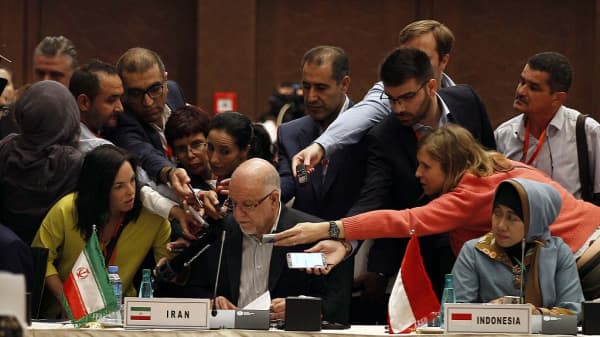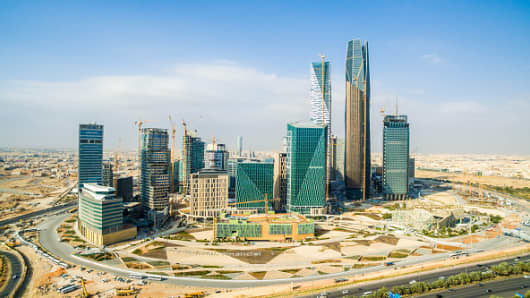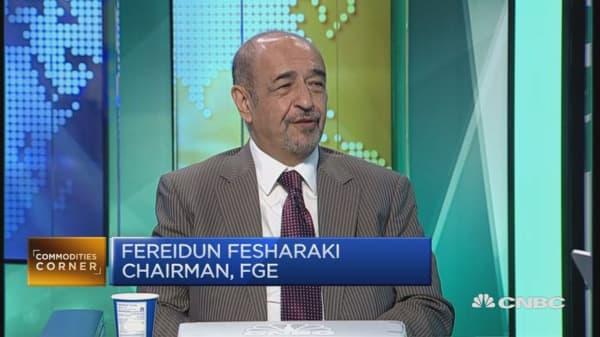Facts are horrid things. And it was cold, hard facts that moved Saudi Arabia, the Gulf region's biggest economy, to give up its battle to maintain market share last week in Algiers.
Why? Because it just wasn't working.
U.S. shale oil producers have all-too-successfully proven that that they can adapt to price shocks.
And whether it was the growing recognition in Riyadh that government finances were under enormous pressure, bleeding over into the region's private sector and impacting investor confidence, or simply worries over just how much lower oil prices might impact the valuation of Saudi Aramco's highly anticipated 2018 flotation, the willingness of the Saudi Minister Khalid al-Falih to cut a deal in Algiers created just the kind of buzz to move markets and - at least for a while - push prices back up.
It also signaled that Saudi Arabia's role as the undisputed leader of the OPEC cartel is changing.






